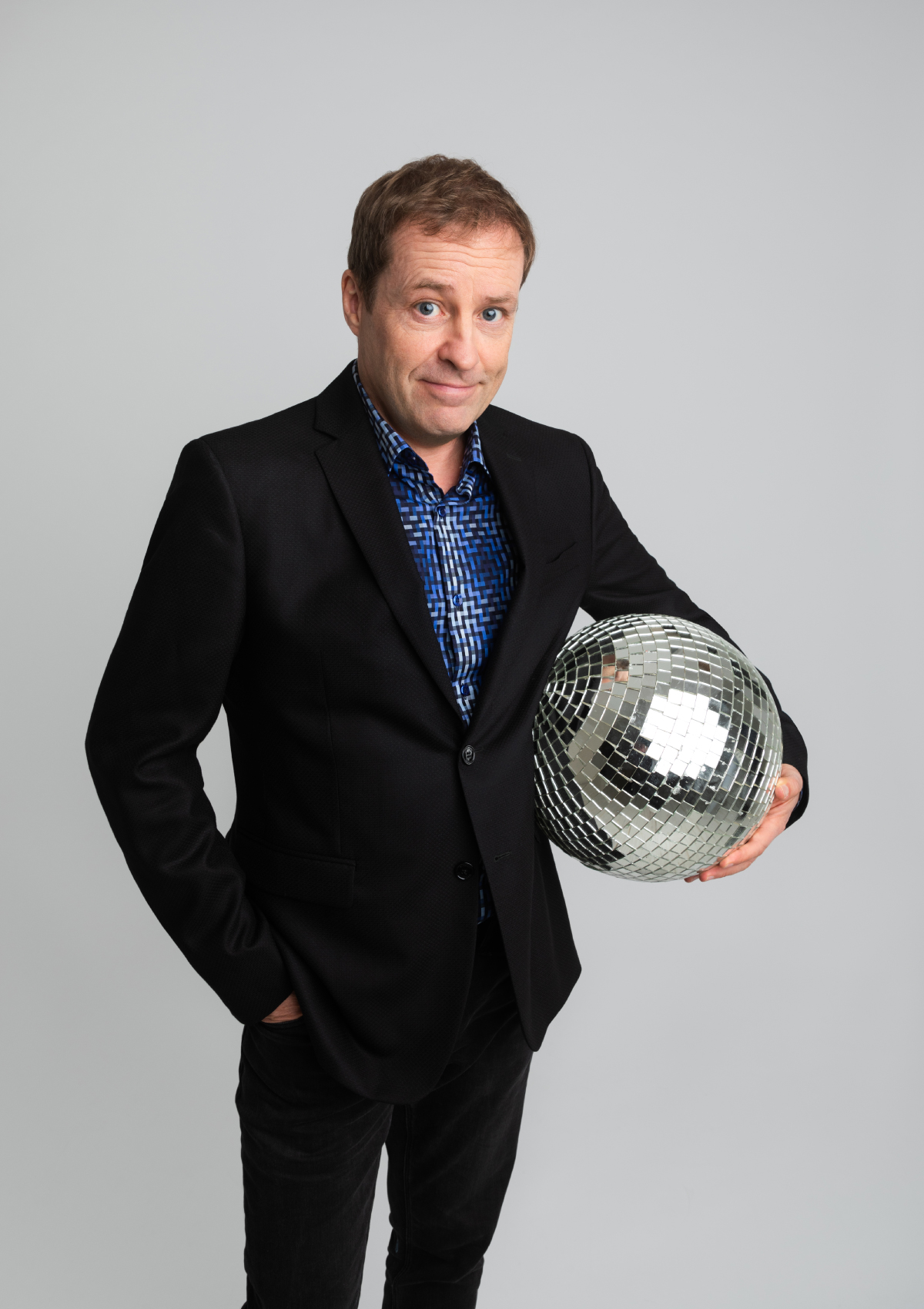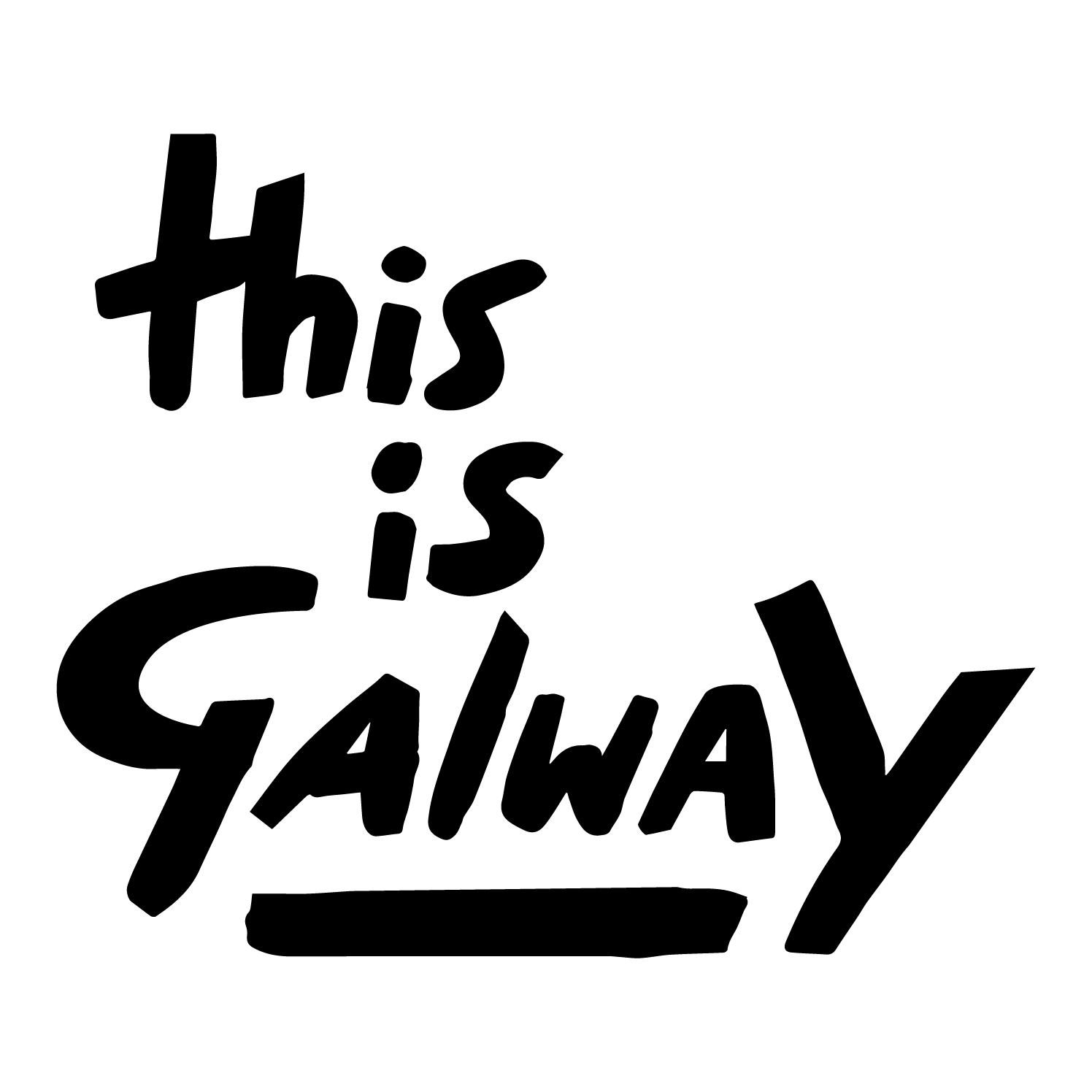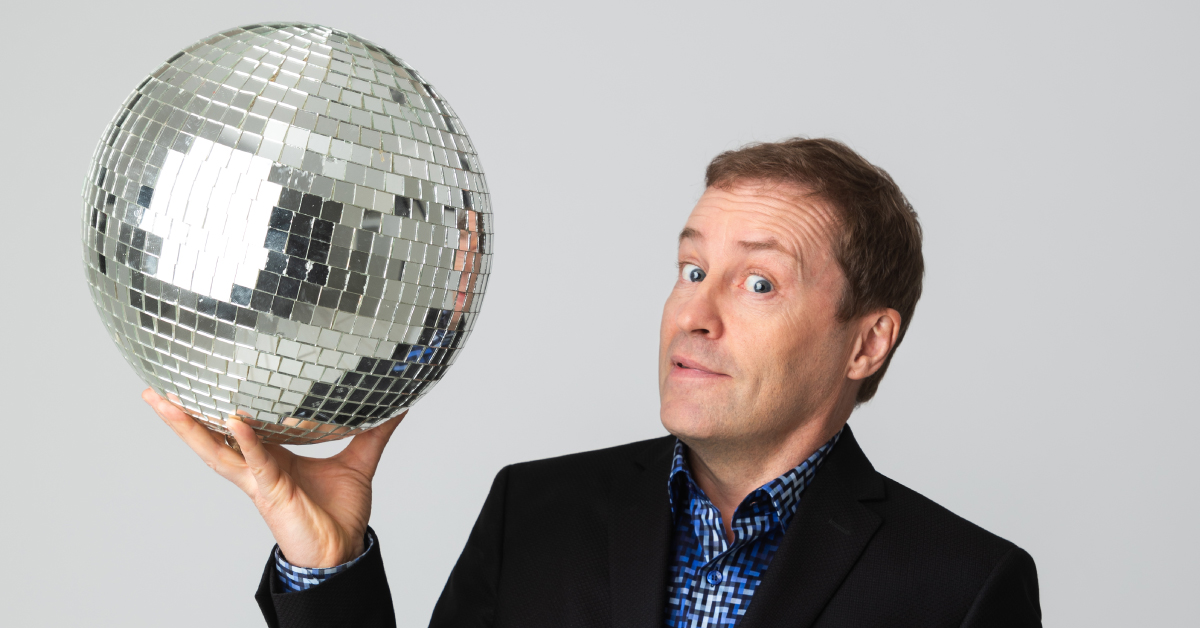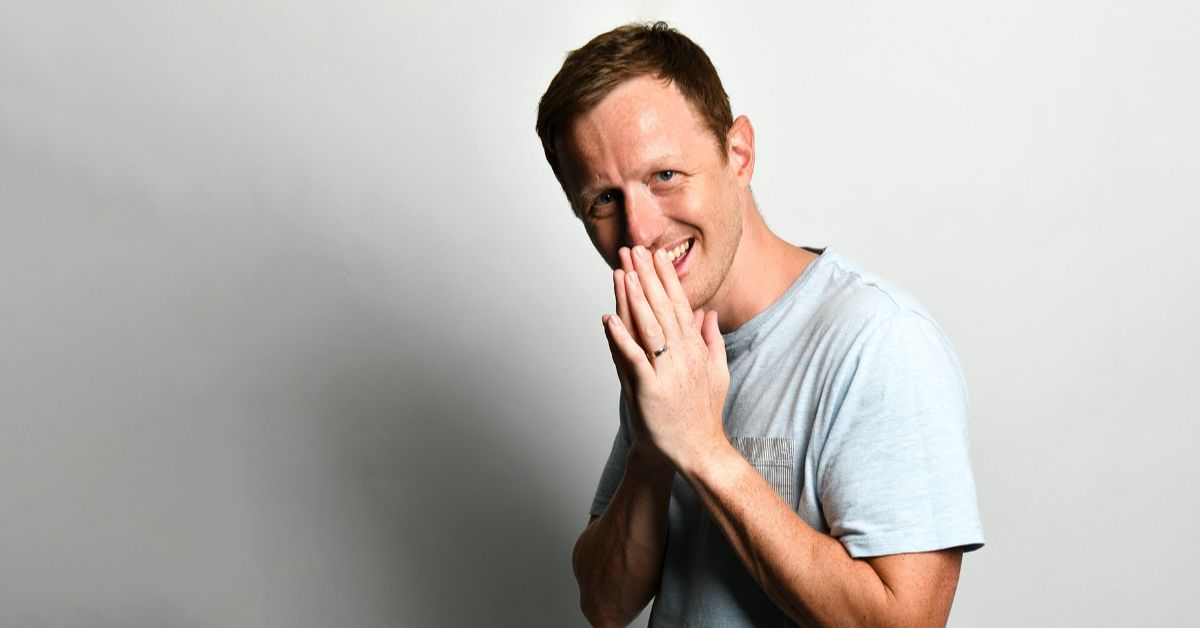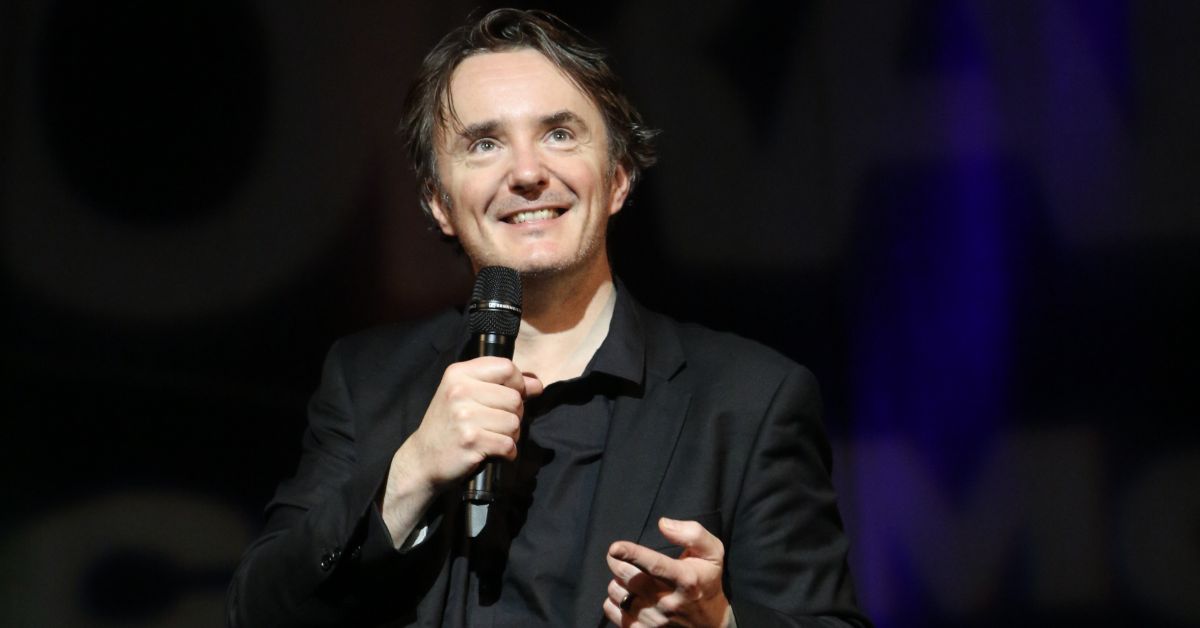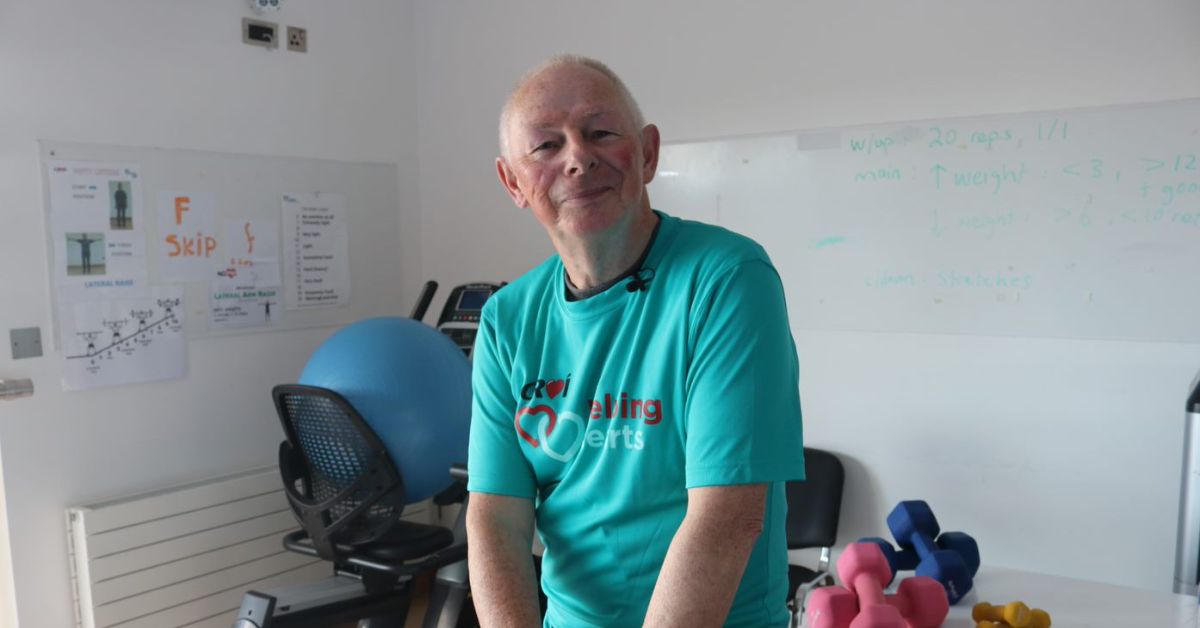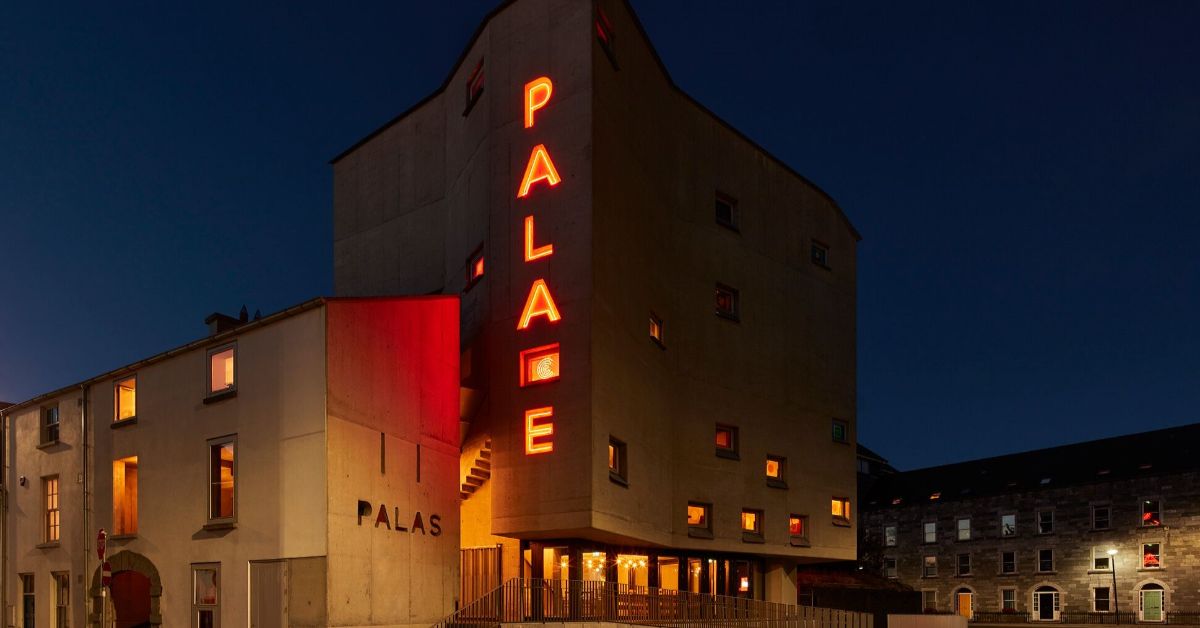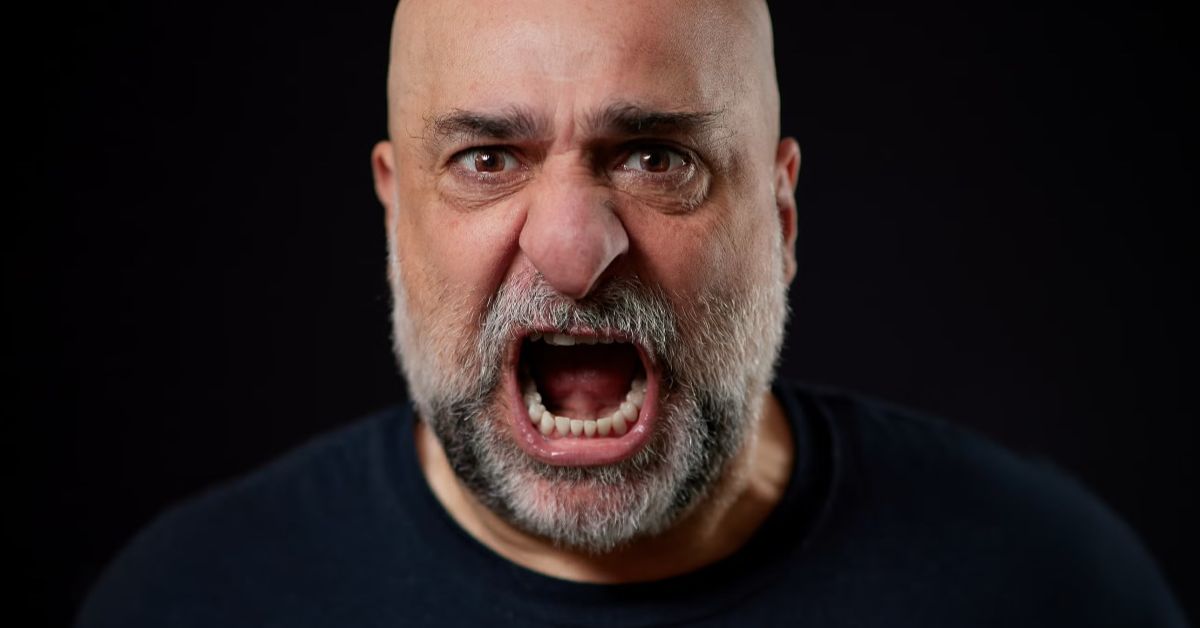Ardal O’Hanlon’s is a face we all know and love, whether it’s shining down from the stage during one of his stand-up sets, gleaming from the small screen as DI Jack Mooney in Death in Paradise or reminding us of our love for the hapless Fr Dougal Maguire in reruns of Fr Ted. As someone who was raised on episodes of the Craggy Island chaos, speaking to Ardal on his journey into comedy, the immortalisation of the show and rural Ireland’s good old-fashioned hatred of notions was a thing of dreams. Bringing The Showing Off Must Go On to Galway’s Town Hall Theatre on Saturday, October 26, this is one show you don’t want to miss...
Ardal O’Hanlon once said that if you’re a stand-up, you’re a stand-up forever and those sentiments certainly ring true to where he’s at now. While it’s been six years since he’s properly toured, he’s been popping in and out of clubs and festivals around the country and overseas to make sure his funny bone doesn’t get too rusty. “I’ve always done it and it’s a big part of my life. There’s no escaping it once you start and now that I’ve accumulated quite a lot of material over the last few years, I feel I have a lot to say, rightly or wrongly. I enjoy stand-up more as I get older and that’s the reality.”
As someone who hails from county Monaghan, Ardal is all too familiar with rural Ireland and its blatant disregard for showing off in any capacity. “You were encouraged to keep your head down, even if you had talent you weren’t encouraged to show it off in any meaningful way - unless it was Irish dancing, then you might just about get away with it!” O’Hanlon recalls the fear of what the neighbours might think, a consideration that was ingrained into his psyche from an early age. “If you got new clothes you weren’t allowed to wear them. You’d get these new clothes but your mother would say ‘don’t wear them’ and it would be a year before you’d be brave enough to put them on! There was always this fear of what the neighbours would think and in some aspects it’s a good thing but I was always conflicted, because obviously stand-up is showing off, putting yourself out there centre stage in the spotlight and I’ve always had that internal conflict; who do I think I am? Why do I think I should do it?”
“I just like it, it’s more than a job, it’s a vocation. It gives me a purpose in life and adds real meaning and definition to my life.”
As Ardal grew up, he had no solid plan for what direction he wanted his life to take. In one sense, he fell down the rabbit hole of comedy not realising that there would be a hugely successful career, both on stage and on screen at the end of it. Once he stepped into the spotlight at his first gig, which featured an extremely red faced Ardal clad in a “horrible multi-coloured jumper” (his words, not mine!), his fate was sealed. Since comedy was in its infancy in Ireland at the time, O’Hanlon knew he would have to head further afield if he wanted to make a dent in the comedy community. “It was always a bit uncultivable, I always knew I was going to go to London, that was the ultimate plan. [In Ireland], you couldn’t go on TV to do it, there was nowhere really to play outside Dublin except for a handful of clubs. There was one in Galway, the GPO was brilliant. I used to love going down there, run by Gerry Mallon, the legend that he is and then there was one in Cork and Belfast too, and that was kind of it. Those were the only times you’d venture outside of Dublin to do comedy. It was inevitable that anyone who had any ambition would go to London. It just took off for me when I moved over there.”
And take off it did. Having established a somewhat simple, uptight stand-up persona due to the nerves of his earlier sets, Ardal had been unwittingly honing the character of Fr Dougal many years before there was even a whisper of the role. Having gotten to know the writers socially, they suggested that Ardal audition for the part of Dougal and once he was called back to audition with Dermot Morgan, the deal was sealed. “At the time, in the cockiness of youth, you don’t think much about that. I didn’t know too much about the job or what was involved in making a sitcom or the potential popularity of it, you don’t think of those types of things at all. I had gigs to do, I was gigging every night of my life so I was running around like a mad man! Once it all came together we got a sense of just how good it was.”
Now, almost 25 years on, we still see references to the iconic show at every turn. Whether it’s warnings of ‘careful now’ and ‘down with this sort of thing’ at protests, or regular claims that the money was just ‘resting in my account’, it’s safe to say that the legacy of the show has lived on. “I’m always chuffed when I see it being referenced in the Dáil, on the news or at a protest or even in court sometimes you hear barristers saying ‘it’s like something out of Fr Ted!’. It’s hilarious! I didn’t realise it would seep into the consciousness in the way it did.”
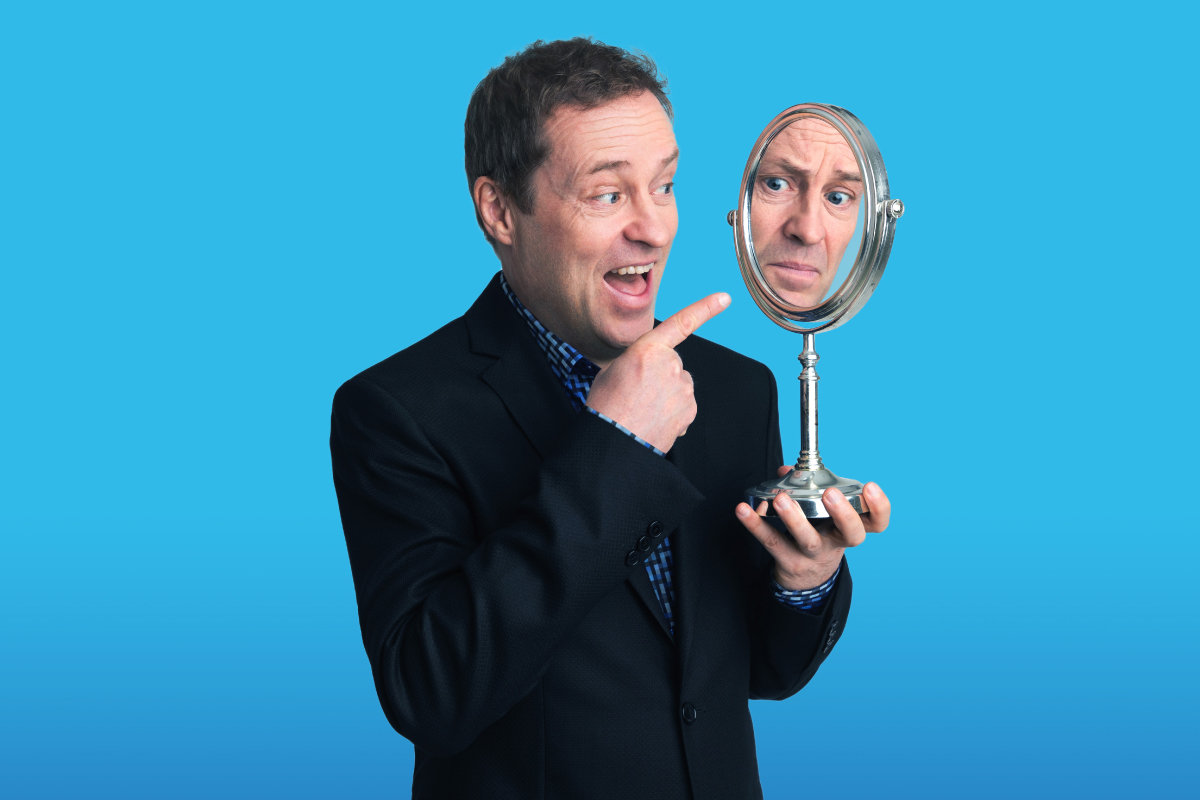
Setting the tone for the next generation of Irish television, Fr Ted walked so that Derry Girls could run. “I don’t think you’d have Derry Girls if you didn’t have Fr Ted and I think that Lisa McGee, the writer, would say that herself. She was a huge fan of Fr Ted. I’ve worked with her a few times myself and she would freely acknowledge the debt to Fr Ted. Likewise for Irish stand-ups, Fr Ted was a huge touchstone for anyone in comedy”. The sitcom gave a whole host of aspiring young Irish comedians the footing to showcase their talents, from Tommy Tiernan and Jason Byrne to Pat McDonnell and Joe Rooney all appearing in hilarious guest roles. “I think it probably showed a generation of Irish comedians that if you do well in comedy you can end up in sitcoms and things like that. I think Fr Ted showed that you can start off in The International Bar not knowing your arse from your elbow and you can end up on a sitcom on British TV a few years later. Everything is possible.”
Ardal’s time filming the scenes that were destined to be cherished for decades to come created hugely happy memories, but what really intrigued me is how the funnyman dealt with the sudden surge of fame that goes hand in hand with being part of such a phenomenon. “Like most normal people I wouldn’t see myself in that way at all, but obviously it dawns on you that people recognise you. I think at first I found it quite uncomfortable. I mean in certain ways I quite liked it because you’d get free tickets to football matches but overall I don’t think I changed that much as a person. Maybe I went into my shell a bit, that would probably have been my first reaction. I didn’t really like that kind of heat to begin with but over time you learn how to navigate it a bit better and you just carry on with your life.” For Ardal, the main concern was making sure that he was doing his work to the highest possible standard. “There is obviously some ego involved, you wouldn’t be doing stand-up or acting if there wasn’t but ultimately it was about doing the best work I could do, whether that was in stand-up or acting. Trying to express yourself as clearly as possible, that’s what it’s all about ultimately.”
While it would be easy to assume that Ardal may have been pigeonholed into roles of a similar nature post-Fr Dougal success, the reality is that he has the ability to seamlessly transition into roles of varying complexity. “I was very lucky in that I always got jobs in television and some of them were a bit like Fr Ted, shows like My Hero on BBC I was playing a similarly goofy character, but I got other opportunities in Skins and Doctor Who and I enjoyed all those roles.” Not confining his talents to one particular avenue, Ardal has always spent his time dipping into an array of different creative fields. “I was always doing stand-up, but then I’d often go out and be writing stuff and I got involved in documentaries as well so I was always doing other things. I was never that concerned one way or another because you always have to work hard if you want to get on but I took but a philosophical approach, in that I didn’t quite know where it would go next and was always curious and slightly anxious about where it would go, but it was always a nice surprise!”
The life of Ardal O’Hanlon is one filled with variety. For the past four years, the actor has spent half his time soaking up the sun in the Carribean while filming Death in Paradise (with plenty of rum, of course), while keeping up his stand-up performances back home in Ireland. “Stand-up is more solitary, you’re on your own all the time, you’re in your own head a lot of the time. I love the variety and I’ve always loved the variety throughout the last twenty or thirty years. It’s just been one of the best things about my job because I get to do these vastly different things.”
Two years ago, Ardal brought his Work in Progress tour to the people of Galway and on Saturday, October 26, we’ll get to see that work come to fruition in The Showing Off Must Go On. For Ardal, the first obligation of a comedian is to be funny, it’s as simple as that. Going into a bit more detail, he tells me, “I suppose like any stand-up show, it’s about your response to the world around you. That could be a response to what’s going on in politics, what’s going on in the popular culture, relating to getting older and being a man in today’s world, all those kind of things. It’s very general but I suppose you just boil down all your experiences and all your feelings and thoughts and try and come up with pithy jokes or stories. It’s kind of just where you’re at in life, howling into the void.”
There wasn’t one moment during my conversation with Ardal O’Hanlon that I didn’t have a smile plastered on my face. From laughing about our common rural Ireland upbringings to hearing about one of his stand-out interactions with the public - which involved a very disgruntled member of the London Metropolitan Police being jeered at by a criminal for his close resemblance to Fr Dougal - it certainly was entertaining to say the least. One of the most genuine and easygoing people I’ve had the pleasure of talking to, Ardal O’Hanlon speaks with real conviction and the love he has for his career is crystal clear. He’s a sound fella, despite his feckin’ notions!
WORDS by Sarah Gill
PHOTOS by Mark Nixon
